Judge upholds verdict in favor of GCF’s Clients and rules that statutory medical malpractice damages caps are unconstitutional
In March of 2013, Gould Cooksey Fennell attorneys David Carter, Brian Connelly, Jason Odom obtained a verdict of $2,922,503 in a medical malpractice case on behalf of David and Pamela Moore against Martin Memorial Medical Center and Doctor Heidi McNaney-Flint. Mrs. Moore almost died from septic shock after being discharged from Martin Memorial Medical Center in 2006 following a routine laparoscopic hysterectomy.
When she was rushed to the hospital the day after discharge, it was determined that her colon had been perforated. Experts at trial testified that the perforation had to have occurred during surgery and that Mrs. Moore should never have been discharged without the perforation being detected. Although Mrs. Moore survived, she has endured numerous surgeries and complications caused by the delayed diagnosis.
After the verdict, the Defendant’s moved for a new trial and asked that the damages be reduced in accordance with the caps on damages imposed by Section 766.118, Florida Statutes. That statute, which was passed by the legislature in 2003, limits non-economic damages for victims of medical malpractice to $500,000 as to any verdict against a doctor and 1 million dollars against a hospital.
Along with appellate counsel, Andrew Harris of Burlington and Rockenbach, Gould Cooksey Fennell challenged the statute at a hearing before the Honorable George Shahood, the former Chief Judge from the Fourth District Court of Appeal who presided over the trial. Just prior to the hearing, a settlement was reached with Martin Memorial Medical Center; as such, the post trial challenges involved only the verdict against Doctor McNaney-Flint.
Judge Shahood denied Defendant’s Motion for New Trial, and declared Section 766.118 to be unconstitutional. Specifically, he ruled that the statute violates the rights of a trial by jury and access to the Courts as guaranteed by the Constitution. Further, Judge Shahood found the statute to be a violation of the separation of powers doctrine between the legislative, executive and judicial branches.
Because no appellate court has yet considered the constitutionality of Section 766.118 following a jury trial, it can be cited as persuasive authority in other cases and may be a case of first impression in the Fourth District Court of Appeal which is the Court which will review Judge Shahood’s ruling if it is appealed.






